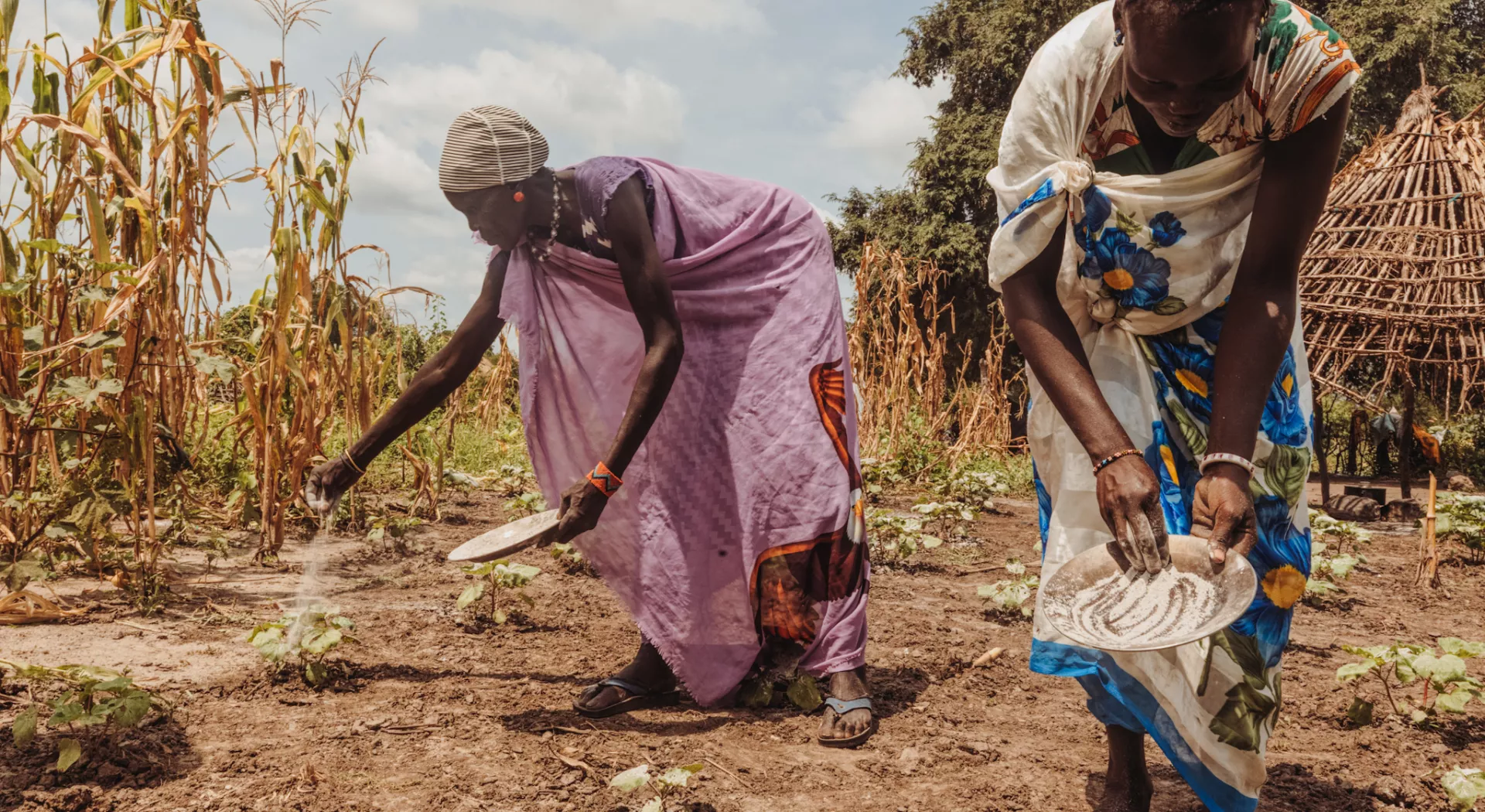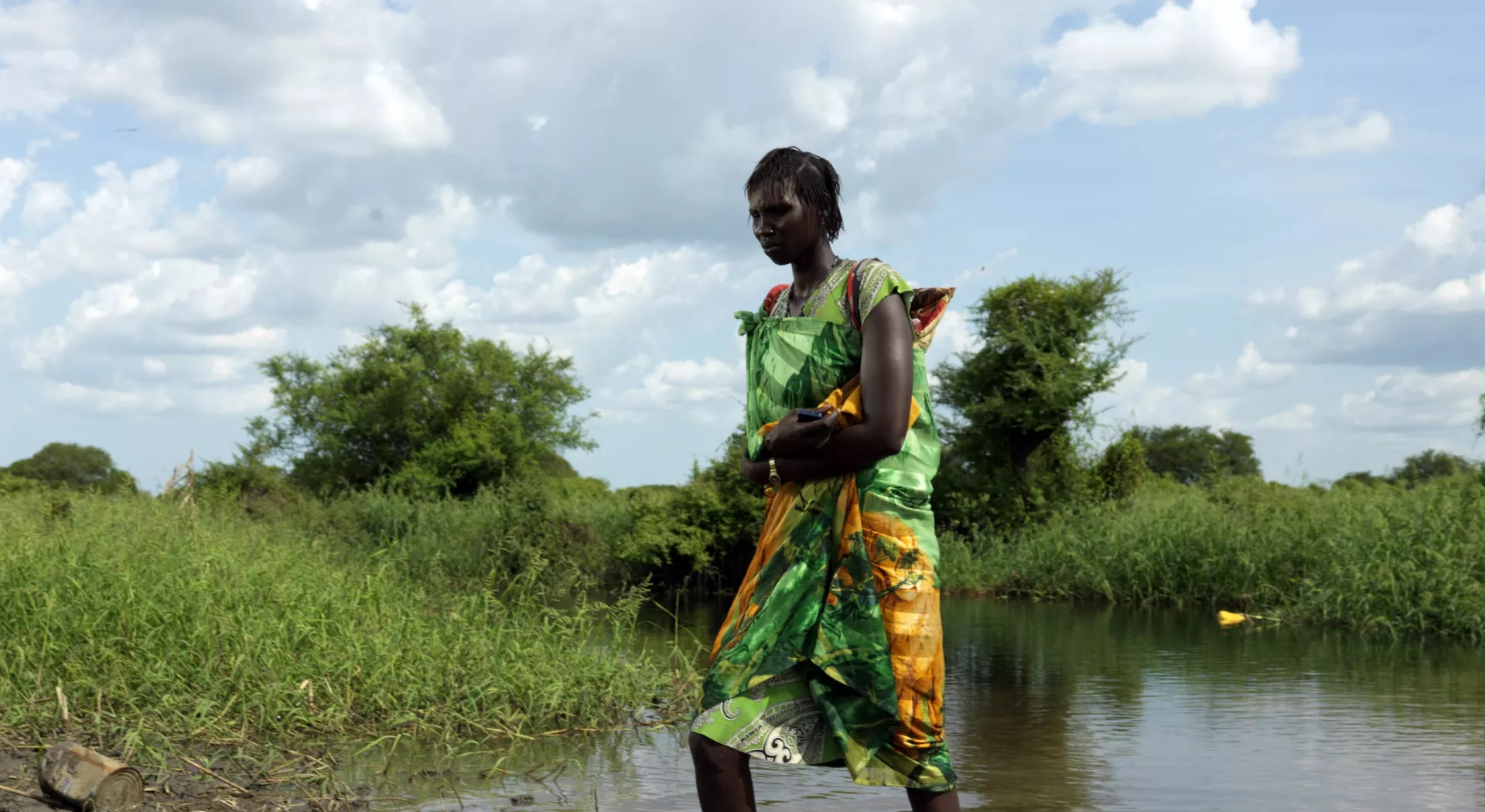ZOA Dorcas consortium
In 2022, ZOA Dorcas South Sudan was established to combine the strengths and enhance the impact of ZOA and Dorcas Aid International. ZOA and Dorcas have both been individually present in South Sudan since 1998 and 2008, respectively. Our complementary expertise and geographical coverage enable us to achieve more impact in reaching those most affected by crises. More information about ZOA Dorcas South Sudan can be found on this website .
We work with internally displaced persons (IDPs), returnees and host communities. Our working areas are different locations in Jonglei State (Bor South and Pibor). We focus particularly on these sectors: food security; water, sanitation, and hygiene; education; and peacebuilding. With diverse projects in these four sectors, we have an integrated approach in mind, from emergency relief to recovery.
Food distributions and access to markets
The majority of South Sudanese depend on agriculture-based livelihoods which cannot be maintained once they are displaced, which means that these communities become extremely vulnerable. Currently, levels of acute malnutrition are very high, particularly in Jonglei State. ZOA Dorcas South Sudan has to increasingly put its focus on integrated emergency relief. Given the current context the aim is to use a blended approach: to expand the disaster response activities in South Sudan, while at the same time continuing working on recovery projects as far as the context allows. We aim to secure food availability through provision of emergency cash or food distributions to affected households, and to support local farmers to increase food production and for surplus production to improve access to the market, including provision of seeds and tools.


